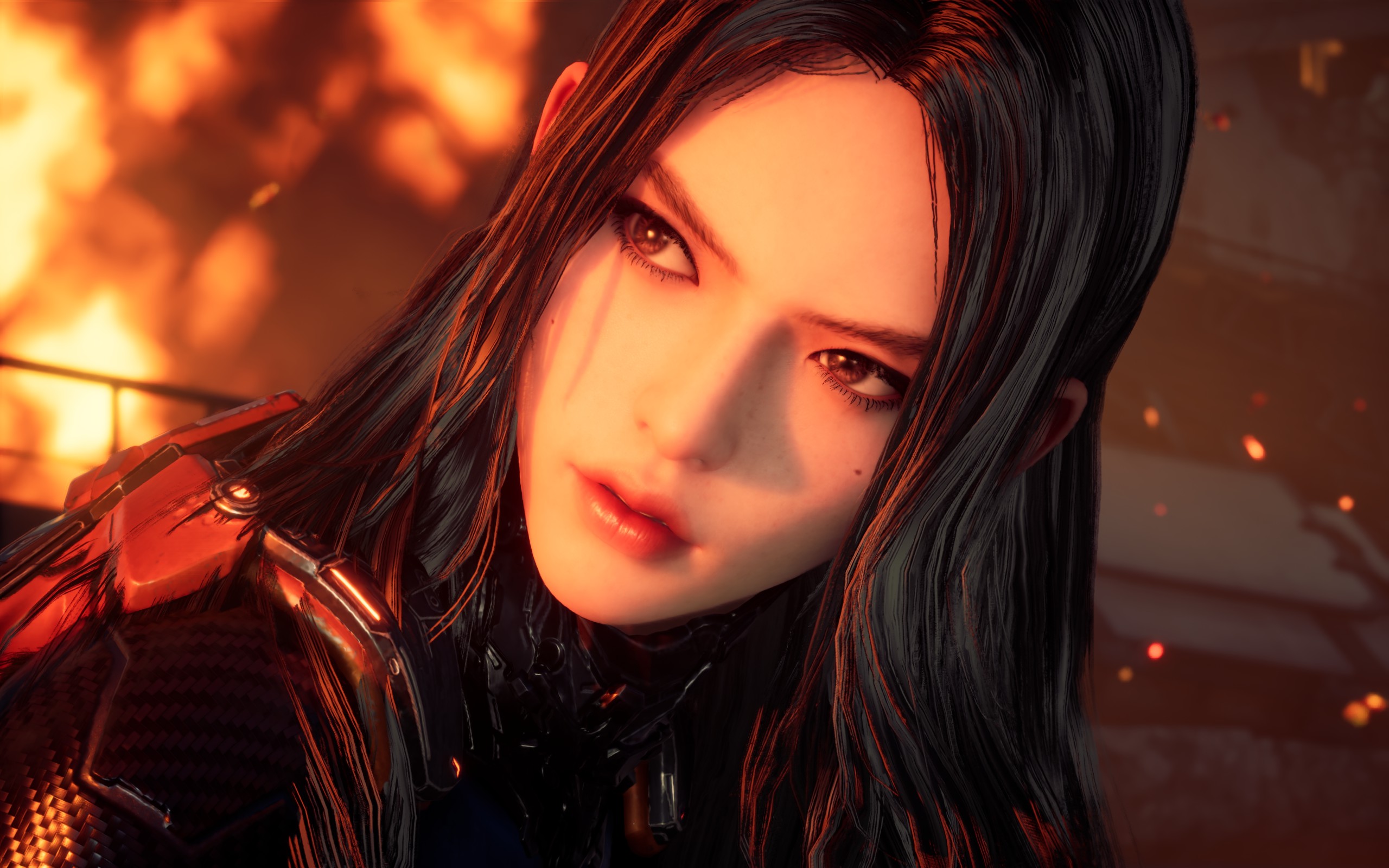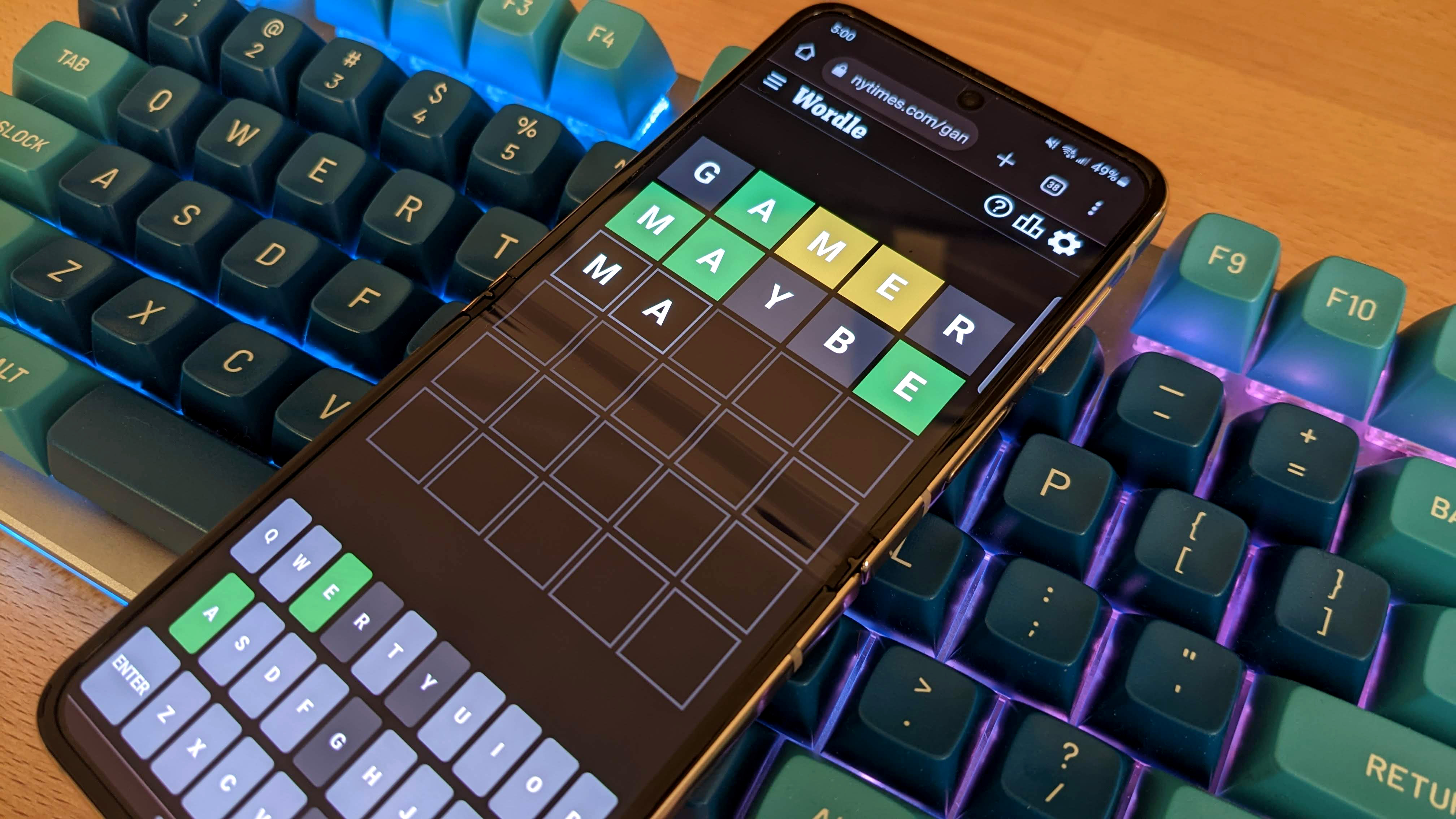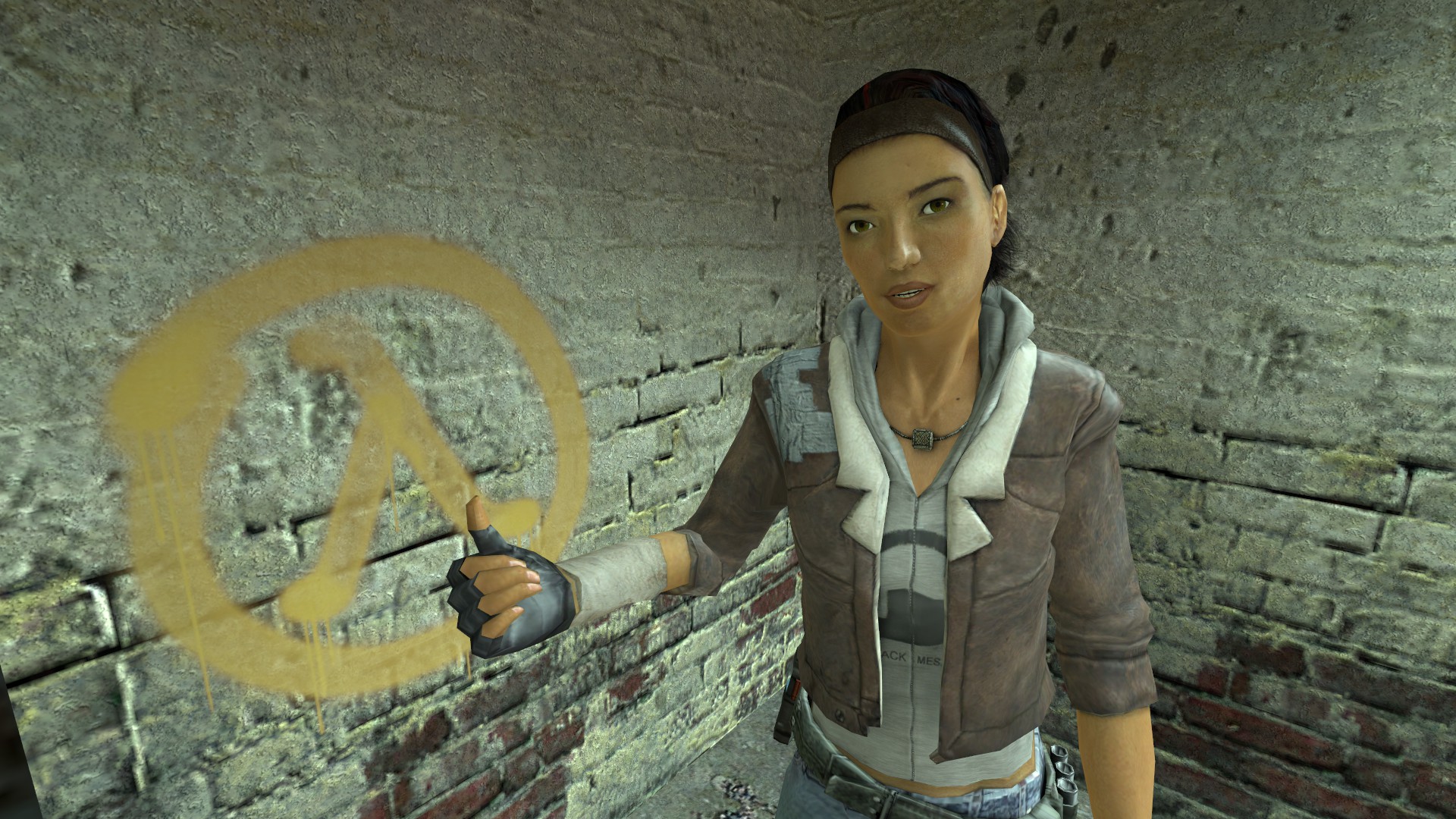
Atlas Review
The premise for Brad Peyton’s sci-fi actioner Atlas might sound like artificial intelligence propaganda, but, against all odds, the end result doesn’t leave behind a sour, “Don’t praise the machine” taste. As we grapple with OpenAI’s unauthorized Scarlett Johansson cosplay, racist chatbots, and other fantasies of creatively bankrupt Silicon Valley billionaires, it’s hard to imagine AI headlining any kind of movie besides technology-driven horror tales like M3GAN. That’s not lost on this galactic survival flick, for which writers Leo Sardarian and Aron Eli Coleite blend buddy-comedy banter into a commentary on AI’s collaborative benefits. (Think: Road trip humor meets Leigh Whannell’s Upgrade with dashes of Guillermo del Toro’s Pacific Rim.) It’s a bold choice, portraying ChatGPT’s descendants as our friends instead of our foes, yet Peyton avoids letting Atlas become an unintentional punchline. (Though let’s be clear: He doesn’t eradicate concerns about AI’s threat to countless professions or its environmental ramifications, either.)
Jennifer Lopez stars as Atlas Shepherd, an expert analyst for the International Coalition of Nations (ICN) in a not-so-distant future where automatons have gone Skynet on humanity. The offensive was led by Harlan (Simu Liu), the world’s first AI terrorist, who’s introduced during an aggressively dystopian barrage of TV news reports that feels exceptionally ridiculous if you’ve seen any movie where a robot goes rogue. Peyton’s world-building is down and dirty, rapidly blowing through a violent uprising, the ICN’s successful counterattack, Harlan’s escape to another planet, and his vow to finish what he started on Earth. We meet Atlas 30 years, as she joins an elite ICN squadron aiming to eliminate Harlan before he delivers on his threat.
For the first few minutes, Atlas feels redundantly paranoid and overtly unsubtle about its depiction of murderous robo-maids. Abraham Popoola’s mechanical assassin Casca bashes his way through a squad of ICN soldiers, but we’re soon with Sterling K. Brown’s Colonel Elias Banks, whose aggressively pro-AI stance seeps into the rest of the film. Once Peyton introduces “a safe two-way” consciousness shared by ICN Rangers and their Titanfall-esque mecha – ”ARC suits,” as the script calls them – Atlas shifts to preaching coexistence with regulated oversight. Where the introductory fear-mongering depicts a familiar dystopia, friendly mechs who protect their harmlessly linked human partners suggest utopian alternatives.
As you might predict, Atlas – despite her technophobia – finds herself inside an ARC suit that goes by Smith (voiced by Gregory James Cohan). Lopez’s function for the remainder of Atlas is to petulantly fight tooth and nail against the disembodied supercomputer trying to save her life. She’s acting against a recorded voice, yet their chemistry is vulnerable and natural. Atlas is portrayed early on as a frazzled-haired luddite yelling at clouds, but Atlas’ shared journey with Smith is deceptively emotional (despite one-half of that team’s inability to feel emotions). Smith turns Atlas’ sarcastic deflections into surprisingly endearing breaths of levity, while Lopez acts her butt off to realize a fully fleshed-out character who’s trapped inside a cramped ARC cockpit for the majority of the movie.
Atlas’ reliance on digital animation aligns with the overuse of green screens in Netflix originals, but it’s less of a distraction than usual. Action sequences featuring airborne ARCs blasting Harlan’s defense droids send the camera swirling; the mech suits move fluidly across the screen. Colonel Banks’ ARC, Zoe, exhibits giddiness as she hands Atlas a cup of coffee, awaiting praise like a daughter waiting for her mother’s approval, and the control center view from inside the ARCs nails its fun-size Jaeger details. There’s nothing astonishingly rich or inventive about Peyton’s offworld landscapes – it’s hardly like watching Star Wars or District 9 for the first time – but the production’s visual composition is still sharper than expected. Peyton has mentioned Titanfall as an influence, and there are parallels to the games’ graphics and sense of excitement all over Atlas.
The supporting performances are largely serviceable, rising to the levels of Sardarian and Coleite’s cliché-ridden script. Colonel Banks speaks in effusive confidence, predictably jinxing his so-called foolproof plan to infiltrate Harlan’s hideout. Then there’s Harlan himself, a treacherous villain hellbent on genocide who might as well be a Skynet Trojan Horse (complete with Terminator Lite makeup effects and a T-1000 arm blade). Popoola’s dead-eyed vibes are like so many killer replicants we’ve seen before – not that that’s an issue beyond a lack of originality. Everyone else in the movie exists to help Atlas overcome her disdain for Smith, especially Harlan, who represents today’s underdeveloped and woefully untested AI models that are rushed to market without safeguards.
Atlas avoids becoming an unintentional punchline.
Through it all, Lopez holds our attention. A movie about human/AI cooperation presented by an algorithmically driven streamer is poised to shoot itself in the foot over and over, but Jenny from the Block sells Atlas as sturdy popcorn entertainment. She sweats through the dangerous intensity of final boss battles staged around pools of molten magma, chuckles at the irony of her circumstances, and adds lighthearted charm when bantering with Smith about pastries. The script might be paper-thin, and its themes may be written in bright neon lights, but with a movie star like Lopez at the controls, Atlas never falters.






